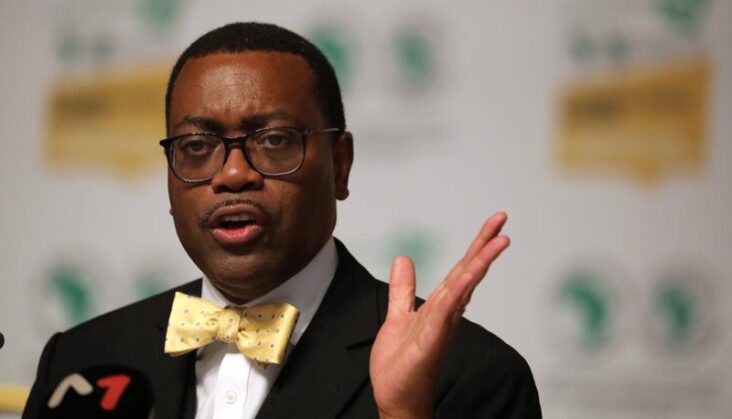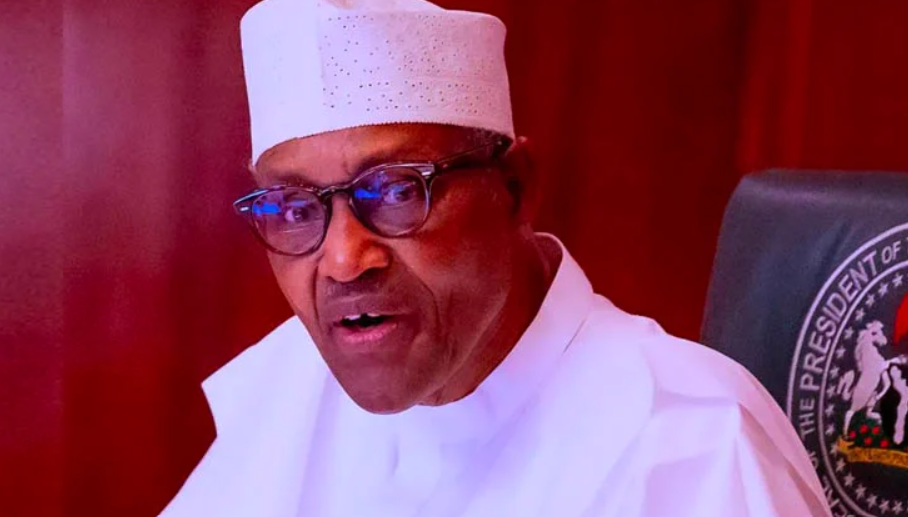The Presidency has rejected the recent claim by the President of the African Development Bank (AfDB), Dr Akinwumi Adesina, that Nigeria’s current economic state is worse than it was at independence in 1960.
Presidential spokesman, Bayo Onanuga, dismissed Adesina’s assertion that Nigeria’s GDP per capita has fallen to $824, lower than $1,847 allegedly recorded in 1960.
According to Onanuga, available data contradicts the figures cited by the AfDB President.
He stated that Nigeria’s actual GDP in 1960 was $4.2bn for a population of 44.9 million, resulting in a per capita income of approximately $93—not the $1,847 claimed by Adesina.
“Our country’s GDP did not rise remarkably until the 1970s, when crude earnings ballooned. In 1970, our GDP rose to $12.55 billion. In 1975, it was $27.7 billion, $64.2 billion in 1980, and $164 billion in 1981. Up until 1980, per capita income did not exceed $880. It rose to $2187 in 1981 and dropped to $1844 in 1982. In 2014, after rebasing, it reached an all-time high of $3,200.
“These facts raise questions about the source of Dr Adesina’s figures,” said Onanuga.
He further argued that GDP per capita is a limited metric for assessing living standards and should not be used in isolation to determine whether Nigerians are better or worse off than they were in the past.
“Dr Adesina should know that GDP per capita is not the only criterion used to determine whether people live better lives now than in the past. Indeed, it is a poor tool for assessing living standards.
“Its primary usefulness is in giving us the metrics to compare economic output in a country or between countries.
“GDP masks many activities in a country’s economy. It neither discloses wealth distribution or income inequality nor accounts for the informal economy, which experts have said is enormous. It does not account for subsistence farming or income transfer from one family member to another.
“GDP per capita is silent on whether Nigerians in 2025 enjoy better access to healthcare, education, and transportation, such as rail and air transport, than in 1960,” noted the presidential aide.
Highlighting developmental strides since independence, Onanuga cited increased access to education, healthcare, road networks, and telecommunications.
“This premise alone suggests why Dr Adesina should not have arrived at his conclusion. Compared with 1960, Nigeria today has more primary, secondary, and tertiary schools. We have more road networks and more medical facilities, private and public. We have phenomenal access to telephones. At Independence, we had 18,724 operational phone lines for a population of about 45 million. Over 200 million Nigerians now enjoy near-universal access to mobile phones and digital services, indicating we are better off today than 65 years ago.
“In our country, policymakers know that whatever GDP figure NBS publishes may not capture our economy’s full depth and breadth if it fails to include the informal economy, which some pundits have said may even be more significant than the formal economy. This underscores why Dr. Adesina should have considered all aspects of our economy before concluding.
“When Vodacom, a telecommunications company, considered entering the Nigerian market in 1999 or 2000, its consultants, using the available GDP metrics, advised against it. They believed that Nigerians were too poor to afford GSM services. However, MTN and other companies that entered the market later proved them wrong, demonstrating that GDP figures alone do not provide a complete picture of a country’s economic potential or the living standards of its people.
“MTN and other adventurers came later, and they laughed all the way to the bank. More than 20 years later, they are still laughing despite some setbacks in 2023 and 2024. In its first-quarter results this year, MTN declared revenue of N1 trillion and an increase of 8.2 percent in subscriptions, which took the number of its voice and data users to 84 million. Does this MTN experience correlate with a country worse off than in 1960, when we had analogue telephones and the number of lines was fewer than 20,000?
“No objective observer can claim that Nigeria has not made progress since 1960. Today, as we await the NBS’s recalibration of our GDP, we can comfortably say without contradiction that it is at least 50 times, if not 100 times, more than it was at Independence,” Onanuga added.
He suggested Adesina’s comments were politically charged and lacked proper due diligence. “He spoke more like a politician than the head of a multilateral financial institution,” Onanuga said.
Adesina had made the claim during a keynote address at Chapel Hill Denham’s 20th anniversary event in Lagos, where he warned that Nigeria’s economic model needs urgent transformation.
The AfDB chief compared Nigeria’s progress with that of South Korea and laid out a f



